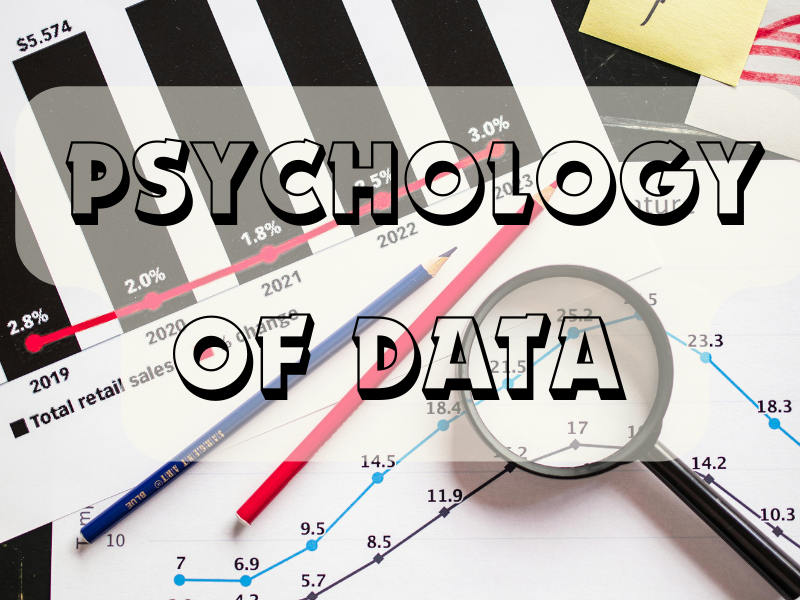
Behind flashy data visualizations and machine learning algorithms lie very human stories – our choices, biases, questions, and empathy. Data both reflects and shapes society’s pulse, connecting deeply personal aspects of life like healthcare, shopping habits, financial security. What insights emerge if we examine data science itself through a human lens?
Reclaiming My Passion for Data After Burnout
After four years analyzing petabyte datasets for an astronomy startup, excitement faded into exhaustion. My vision narrowed to optimizing predictive models above all else. But data is not just fodder for ever-more-complex algorithms. Numbers represent people making decisions, expressing preferences daily. How many society’s challenges manifest in data around financial stability, health access or civic participation? Had I lost sight of data science’s profound ability to positively impact communities?
My perspective shifted after a project analyzing city air quality data. Seeing spikes in pollutants across low-income neighborhoods surfaced uncomfortable societal realities I could no longer ignore. This emotional connection to data as representation of lived experiences revived my passion. Now I approach every dataset by first understanding the humans behind it before considering techniques. Because data means little without empathy.
Ethical Dilemmas: Upholding Public Trust
Urban sensors, social media and mobility apps generate massive amounts of public data daily. As stewards, how we collect, interpret and apply data carries ethical weight. While public-private partnerships enable smart city innovation, we must honor public mandates and avoid breaching fragile trusts. Because misrepresenting neighborhood safety metrics or ignoring marginalized voices undermines progress.
Also concerning is the lure of prediction without contemplating legitimacy or consent. Just because algorithms can infer personal details from seemingly innocuous datasets doesn’t mean we should proceed without considering fundamental privacy. My team engages diverse focus groups to incorporate citizens’ inputs when balancing innovation with ethical risks. Because behind every data point is a person entrusting institutions with a piece of their lived experience and right to self-determination. Upholding those permissions sustains future collaboration.
The Critical Role of Effective Data Storytelling
For analytics insights to drive societal change, storytelling proves pivotal. Too often, flashy visualizations bombard rather than enlighten decision-makers. Or jargon-heavy presentations miss the forest for the trees. Effective communication makes complex data digestible while underscoring meaning.
My most powerful project came from a heart-to-heart talk with a public health director. Beyond mortality statistics, I asked about the personal impacts she witnessed from pollution growing up nearby – peers with asthma unable to play sports, formidable healthcare expenses straining families. These stories I then incorporated alongside geolocation trends.
Presenting human consequences made the case to expand environmental policy interventions I could never achieve via data alone. Because framing statistics alongside emotional narratives engages stakeholders while building urgency for action. The data carries weight but the humanity catalyzes change.
Looking Inward to Shift Data Culture
Data teams must also check internal cultures for unhealthy norms that undermine innovation. Do talented voices from non-traditional backgrounds get drowned out by privileged peers? Do we emphasize individual glory over collaborative growth? Such dysfunction often roots in leaders valuing technical chops over emotional capacities.
But complex challenges benefit from diversity of identities, ideas and communication styles. Making space for disagreement and vulnerability builds trust required for breakthroughs. Mentorship programs to guide new data professionals also seeds continuity while setting welcoming tones. Because toxic environments that devalue emotional health and people first repel those capable of shifting data science’s future. The path forward lies not in fiercest competitions but open communities progressing together.
Conclusion
At its best, data science spotlights society’s most pressing issues then catalyzes progress through humanizing narratives. By balancing empathy alongside cutting-edge analytics and communicating with wisdom, we wield tools capable of profound global impact. May we have the courage and compassion to unleash data science’s fullest potential.


